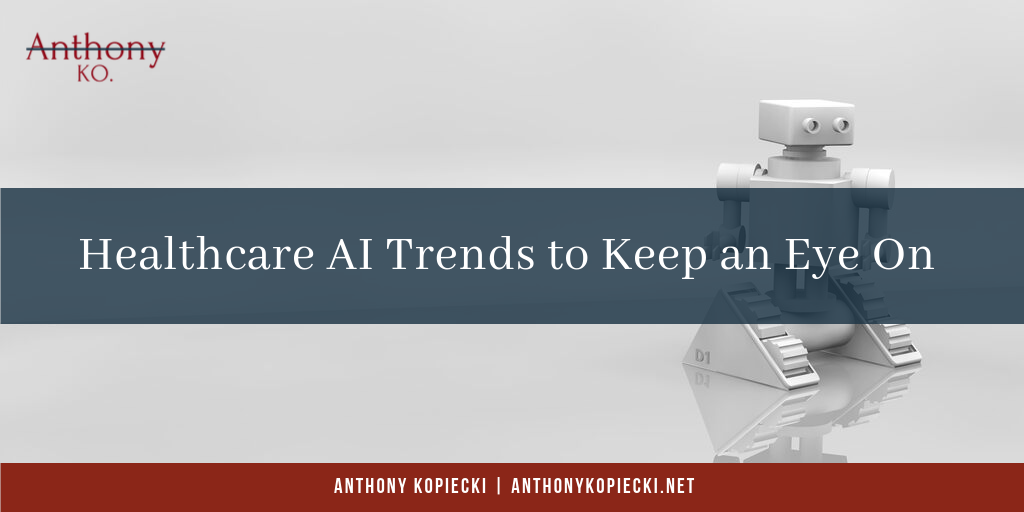Over the past few years, innovative technology has reached new heights. One of these amazing heights being Artificial Intelligence (AI). Many industries have embraced the AI and have reaped many benefits. The healthcare industry uses AI technology to their advantage in order to improve patient experience, diagnosis, and overall functionality of the industry. Take a look at the latest AI trends to keep an eye on:
Monitoring Risk Factors
In medicine, the best way to know if a patient is at risk for any diseases or other health issues is to monitor their risk factors. However, there are only so many risk factors traditional medicine can monitor. With the help of AI, more atypical risk factors can be identified and monitored. For example, retinal images and voice patterns can be analyzed using neural networks and could potentially help identify the risk of heart disease. This type of technology can help identify health issues sooner than traditional medicine and potentially save lives.
Using AI can also help identify areas where additional testing does not add value. Recently, scientists have begun suggesting the use of an AI driven algorithm to predict when blood testing is necessary, vs repetitive. This kind of testing saves dollars, as well as reducing the risks and discomfort that a patient experiences when undergoing medical testing.
Re-branding Big Pharma with AI
For years, creating new medicine has been about mixing chemicals and repetitive trial and error. Big pharmaceutical companies are using AI to potentially create revolutionary medicine. They are using AI technology to predict the pharmaceutical properties of small molecules and develop new drug designs. Crowd-sourcing has helped to identify the specific structures of protein molecules, allowing the data to be used to more accurately create anti-viral medications. Pharmaceutical companies such as Novartis, Sanofi, GlaxoSmithKlein, Amgen, and Pfizer are partnering with AI startups to re-brand how they’re designing their medicine.
Healthcare Communication
Unfortunately, medical errors will happen. These kinds of errors can mean life or death for some patients. In order to avoid medical mishaps and miscommunication, the healthcare industry has been utilizing AI. In order to stop miscommunication during patient care transfer or most importantly through the patient-doctor relationship, AI review may be the answer. Apps allowing patients to speak with their doctors with any questions, comments, or concerns are already in development.
More Focus on Patients
In healthcare, one would think most of the focus is put on the patients. On the contrary, modern healthcare is often criticized for not giving enough focus on the patient as there should be. Factors such as rising costs and limited medical resources can get in the way of patient-centric care. With the help of AI, there will be more patient-centric care. AI developments will bring more access to at-home health solutions, apps to monitor health risks, and even technology to access health records at home. AI is the driving force to make patient-centric care more of a priority.
